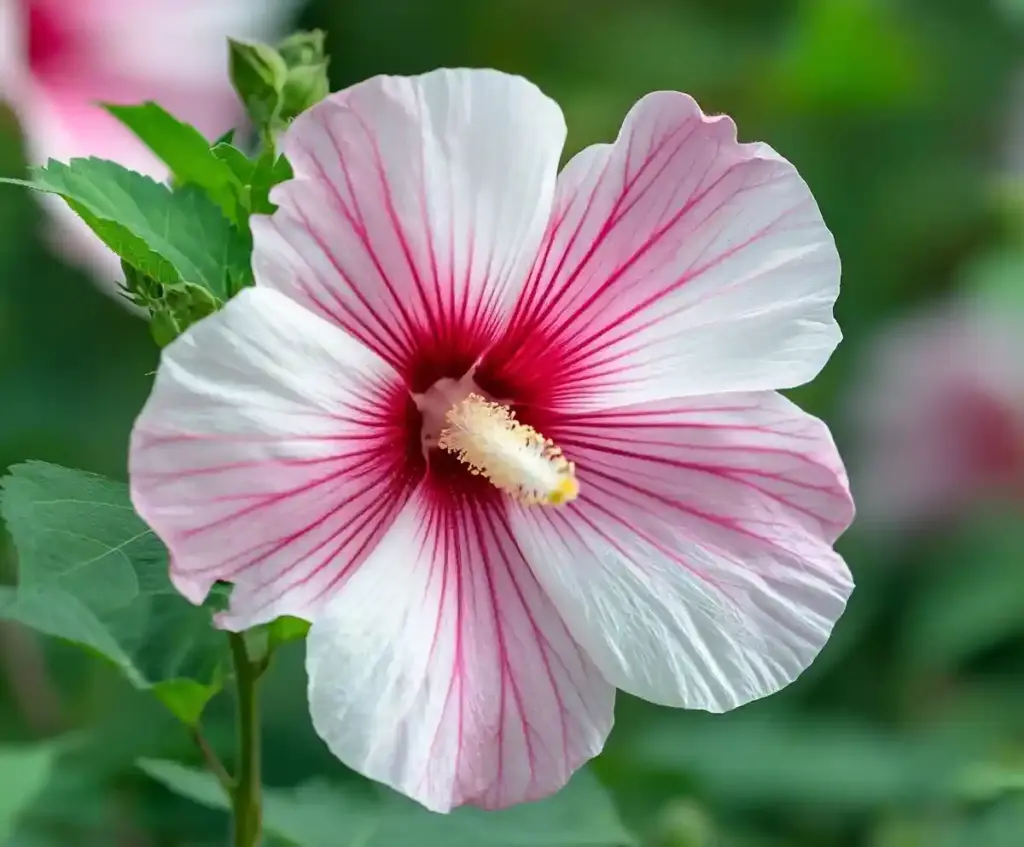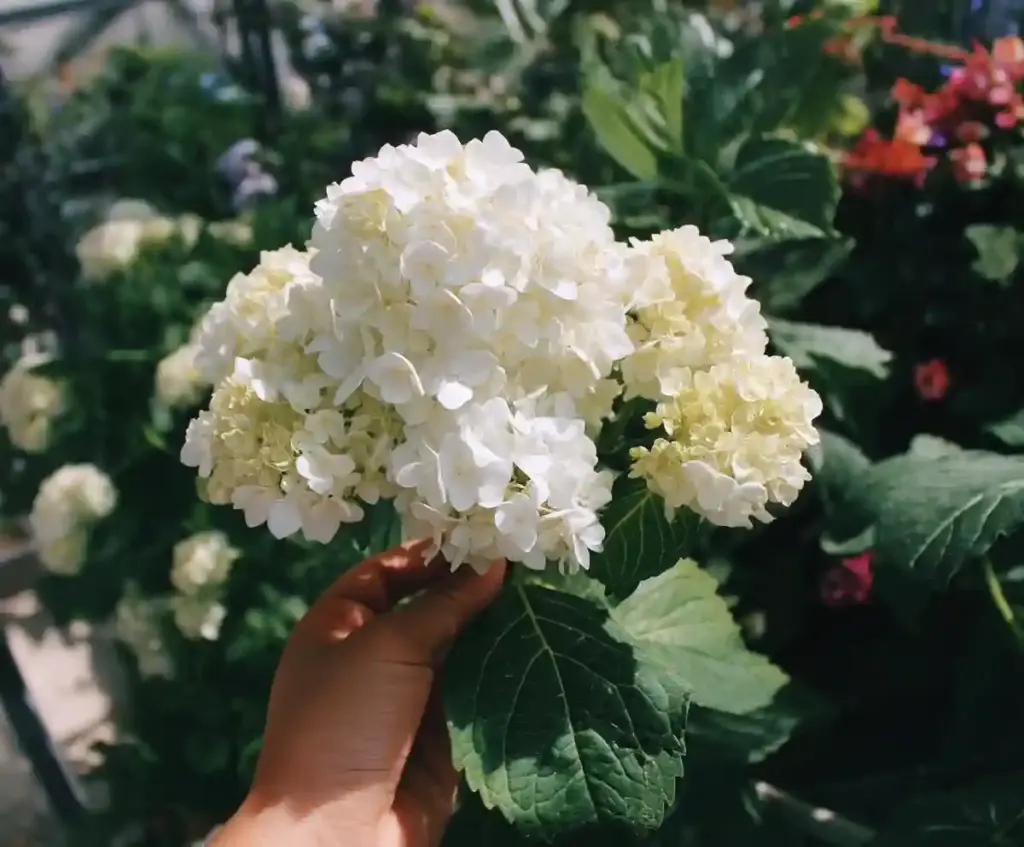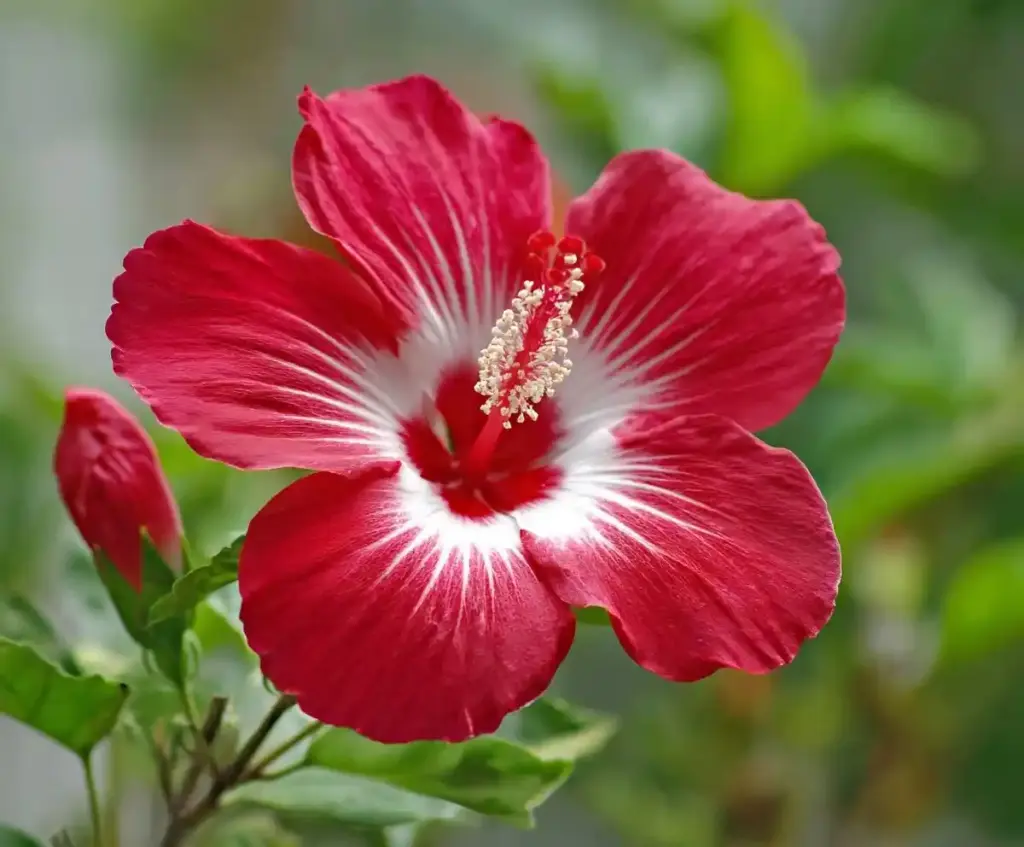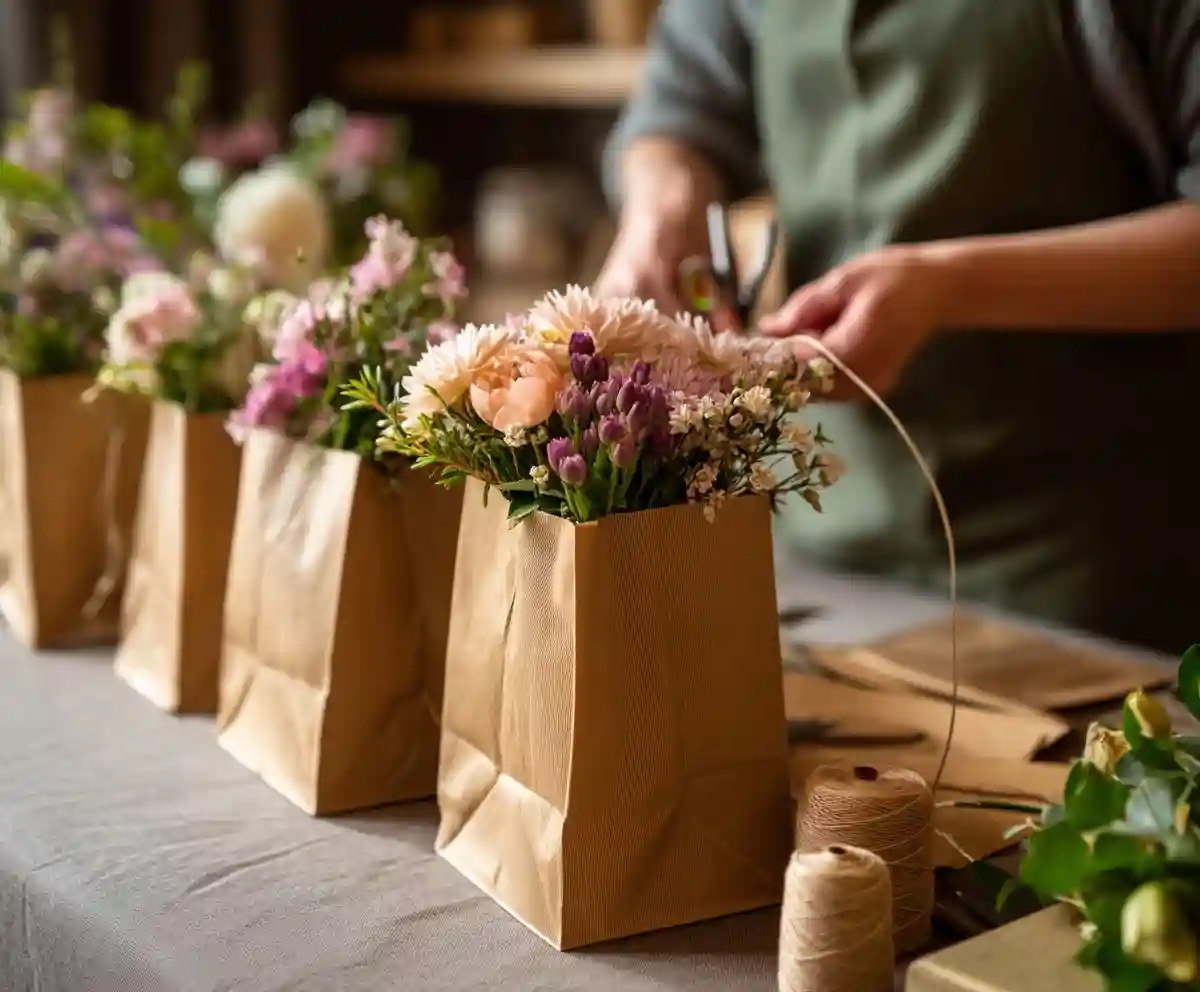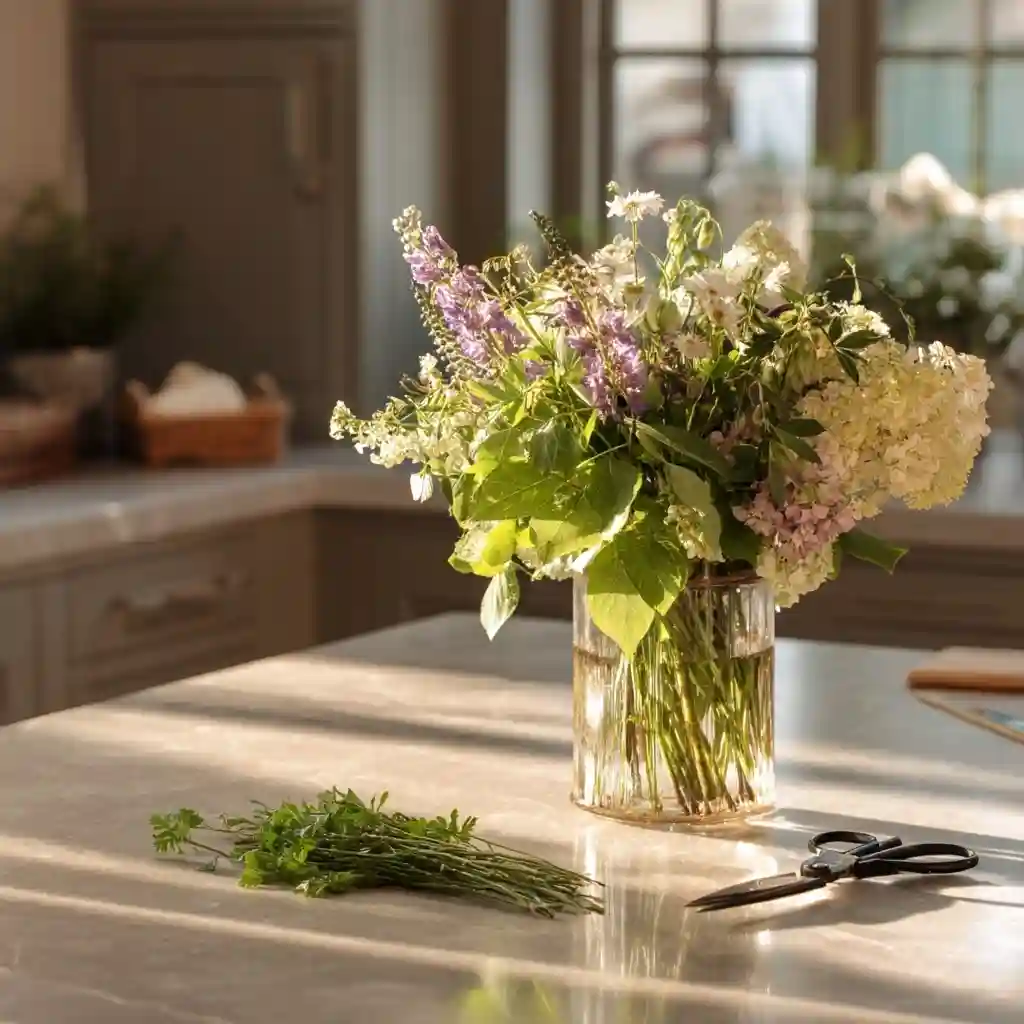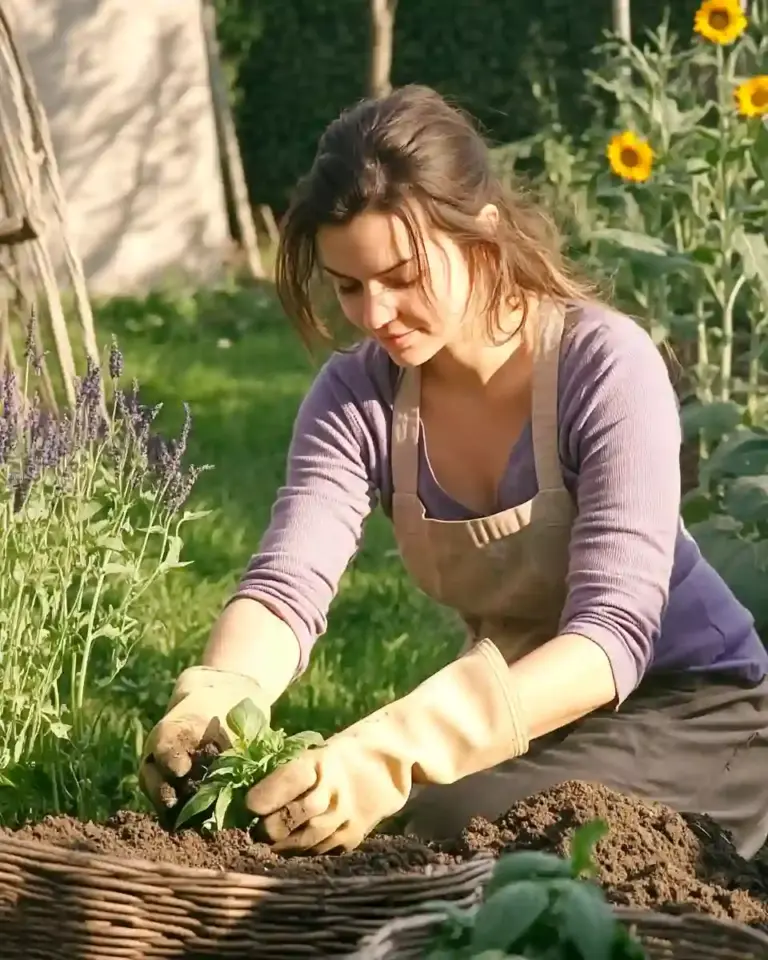How to preserve flowers is a question that arises for many, especially when those blooms hold deep sentimental value—such as funeral arrangements. Whether it’s a single rose from a loved one’s casket spray or a bouquet from a memorial service, preserving flowers offers a way to hold on to memories long after the petals begin to fade.
Preserving flowers doesn’t require expensive tools or professional services. With the right techniques, you can keep their beauty intact and create meaningful keepsakes from them. In this article, you’ll learn how to care for fresh flowers right away, press them properly, and extend their life—while understanding why people choose to preserve them in the first place.
Table of Contents
Funeral Flower Etiquette
When preserving flowers from a funeral, it’s important to begin with an understanding of traditional funeral flower etiquette. Not all arrangements are meant to be taken home, and in some cases, flowers are left at the gravesite or donated to others.
If you’re attending the service, it’s best to ask the immediate family before removing any flowers. Typically, arrangements closest to the casket—like sprays or wreaths—are chosen by the family. These are often the most meaningful and therefore the most appropriate for preservation, with permission.
When in doubt, focus on flowers from personal tributes you’ve given or received. These are ideal for preservation, as they carry personal connections and don’t risk breaching etiquette.
Why Do People Preserve Funeral Flowers?
People often wonder how to preserve flowers because they’re more than just petals and stems—they’re symbols of love, grief, and remembrance. Funeral flowers, in particular, carry deep emotional weight. Preserving them helps many people feel closer to a loved one they’ve lost.
Some keep dried or pressed flowers in frames, memory boxes, or jewelry. Others incorporate them into scrapbooks or turn them into keepsakes like bookmarks. This act transforms a temporary tribute into something lasting.
It’s not just about beauty—it’s about connection. Preserving these flowers gives people a tangible reminder of someone who meant everything to them, offering comfort long after the funeral service ends.
Tips for Keeping Flowers Alive Longer

If you’re thinking about how to preserve flowers, starting with proper care while they’re still fresh is essential. The longer your flowers stay vibrant, the better they’ll press or dry. Follow these simple steps to extend their lifespan before preservation.
Cut Stems 1–2 Inches at a 45° Angle
Always trim the stems before placing flowers in water. Cut about 1–2 inches off at a 45° angle. This increases the surface area for water absorption and prevents the stem from sitting flat against the bottom of the vase, which can block water flow.
Choose a Proportionate Vase
Use a vase that fits the size of the bouquet. If it’s too small, flowers will be cramped and damaged. Too large, and they won’t have the support they need to stay upright, which can shorten their life.
Remove Leaves Below the Waterline
Any foliage left underwater will rot quickly and encourage bacterial growth. Remove all leaves that fall below the water level to keep the water cleaner and the flowers fresher for longer.
Change Water Every Few Days
Stale water leads to bacteria, which shortens flower life. Replace the water every 2–3 days, and give the stems a fresh cut each time to keep them hydrated and healthy.
Use Flower Food (or DIY: Sugar + Vinegar)
Commercial flower food can help maintain freshness, but a simple homemade version works too. Mix one teaspoon of sugar and two teaspoons of white vinegar into a quart of water. The sugar nourishes the flowers, while the vinegar slows bacteria growth.
Keep Out of Direct Sun, Heat, and Drafts
Place the arrangement in a cool spot, away from direct sunlight, heat sources, and cold drafts. Extreme temperatures will dry out or wilt your flowers faster, reducing their potential for successful preservation.
How to Press Flowers
Once you’ve kept your flowers fresh for as long as possible, it’s time to begin the preservation process. Pressing is one of the most traditional and effective ways to preserve flowers—especially those from a funeral.
Pressed flowers can be beautifully displayed in frames, tucked into journals, or used in handmade cards. Here’s how to press them properly for long-lasting results.
Choose Fresh, Flat Blooms and Gather Supplies
Start with flowers that are fresh but not overly thick—flatter blooms work best for pressing. You’ll also need:
- Heavy books
- Newspaper or blotting paper
- Cardboard
- A pen (to mark placement)
- Scissors or pruning shears
Avoid flowers with thick stems or lots of moisture, as these can mold during pressing.
Step 1: Cut and Prepare the Flowers
Trim each flower’s stem close to the base. For larger flowers, consider separating individual petals to press them flat. This prevents moisture build-up and helps them dry evenly.
Step 2: Choose a Book That’s Big Enough
Pick a heavy book with enough surface area to press the flowers flat without edges sticking out. An old phone book or large hardcover works well.
Step 3: Line the Pages with Newspaper
To protect both the book and the flower, line the pages with newspaper or blotting paper. These absorb moisture and help the flower dry faster.
Step 4: Position and Cover the Flowers
Lay the flowers flat between the lined pages. Make sure petals aren’t overlapping. Add another layer of newspaper or card on top before closing the book gently.
Step 5: Add Weight and Leave to Dry
Stack additional books or heavy objects on top to apply constant pressure. Leave the flowers in a dry place, and don’t peek for at least 7–14 days.
Step 6: Frame or Store Your Pressed Flowers
Once dried, your pressed flowers are ready. Handle them gently—they’re delicate. You can display them in glass frames, use them in artwork, or store them in keepsake boxes.
Preserving flowers this way captures their beauty and sentiment without complex materials—just patience and care.
Conclusion
Knowing how to preserve flowers—especially those from a funeral—can bring lasting comfort. From simple trimming and care tips to traditional pressing methods, each step helps transform fragile blooms into cherished keepsakes.
Whether you’re preserving flowers to honor a loved one or to hold onto a memory, the process is just as meaningful as the result. With the right approach, those flowers can live on in a form just as beautiful as when they were first received.
FAQ
How long do pressed funeral flowers last?
Pressed flowers can last for years if kept away from sunlight and moisture. Framing them behind glass helps prevent fading and damage.
Can I press flowers that are already dried?
It’s best to press flowers while they’re still fresh. Flowers that have already dried may become brittle and won’t flatten well.
Is it better to air-dry or press funeral flowers?
Pressing preserves color and shape more clearly, while air-drying works better for fuller blooms like roses. Choose the method based on how you want to display the flowers.
What’s the best flower type to preserve from a funeral?
Roses, lilies, carnations, and daisies all press well and hold sentimental value. Choose blooms that were personally meaningful to you or your loved one.
🌿 Love gardening inspiration? Follow me on Pinterest for bold plant ideas, tips, and seasonal color!
More Posts
